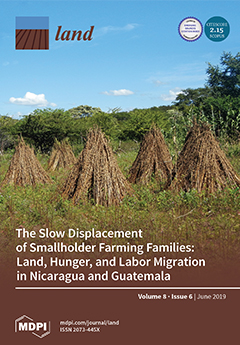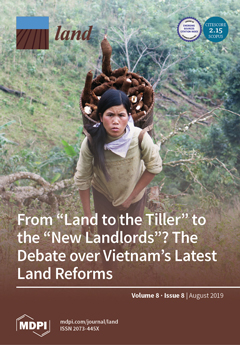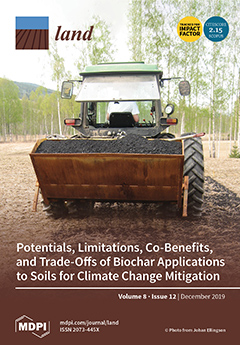Land policy in Africa: a framework to strengthen land rights, enhance productivity and secure livelihoods
Africa’s development remains dependent on agriculture and exploitation of natural resources, yet agriculture and livestock production are largely carried out by smallholder farmers under increasing pressure of scarce land resources managed under unsecured customary land ownership. African governments are seeking to address tenure insecurities to promote sustainable rural and urban development, and to address inequalities in land ownership between different social groups.








